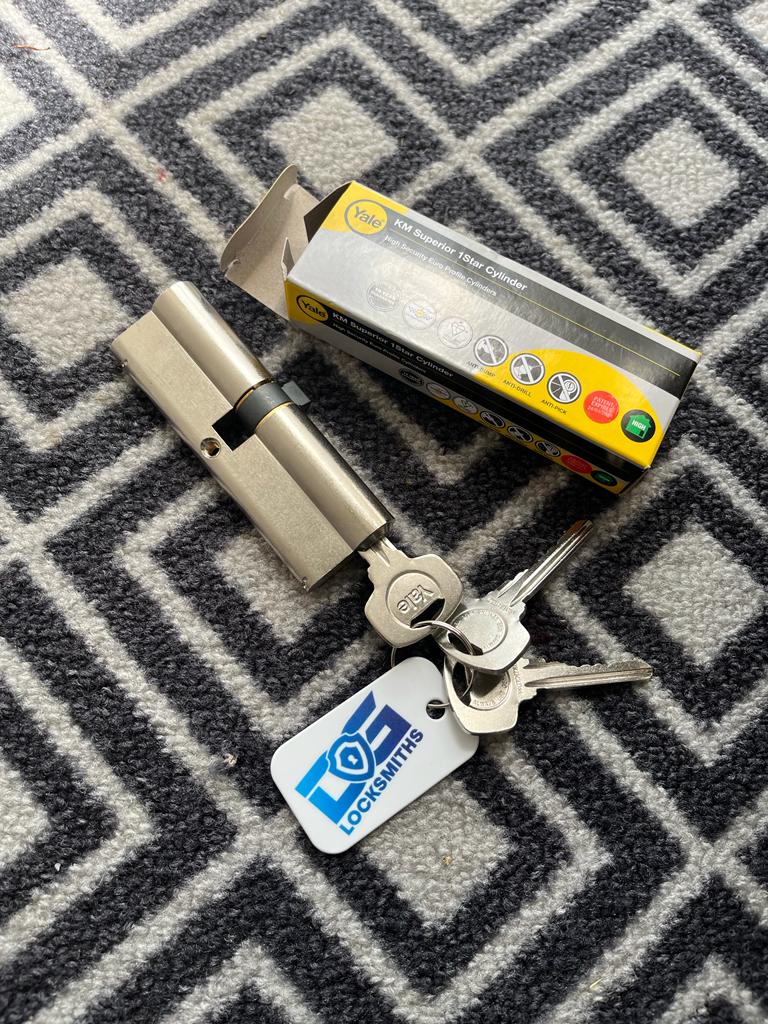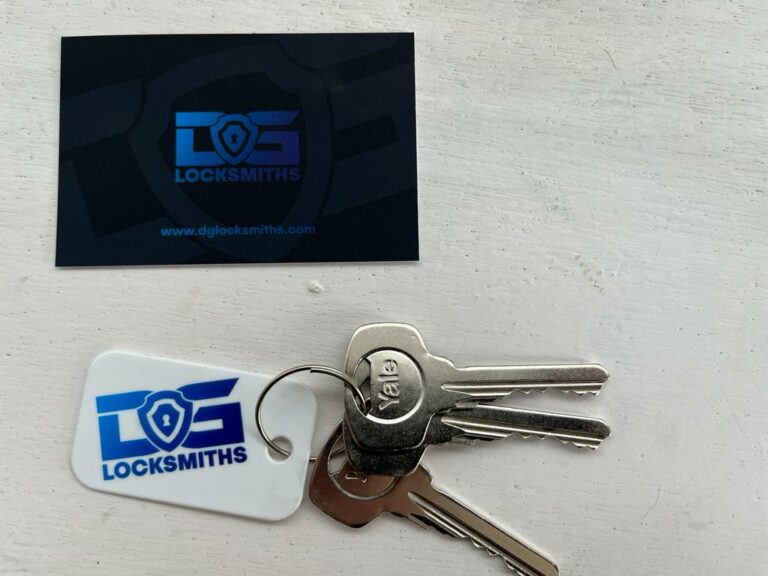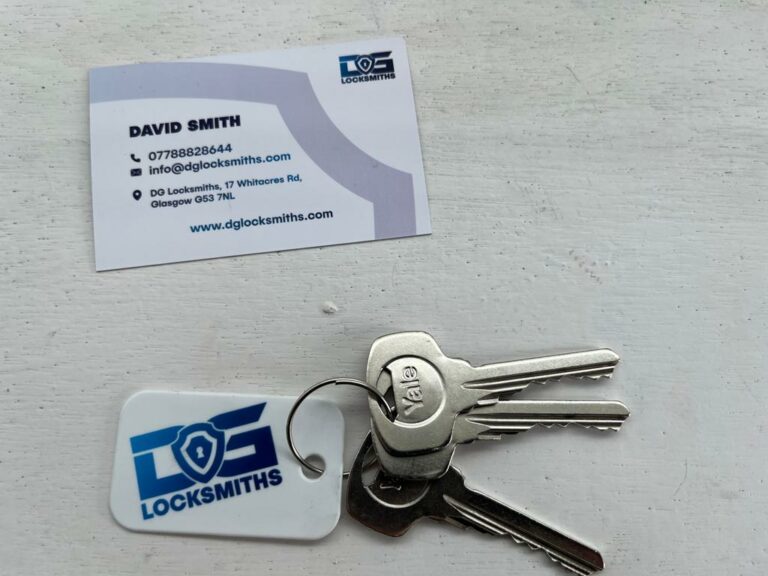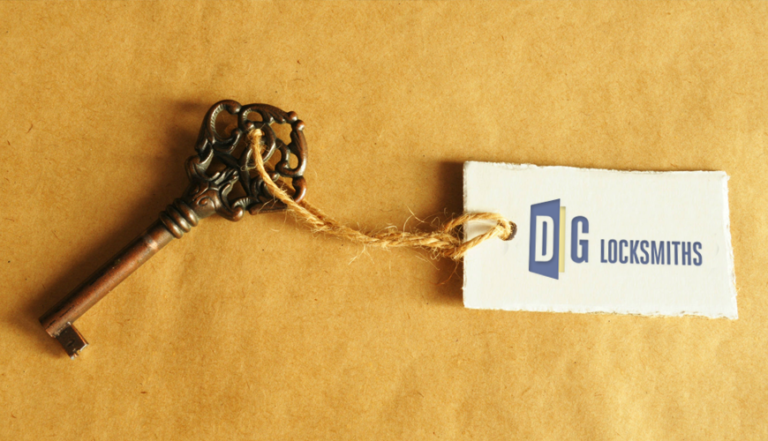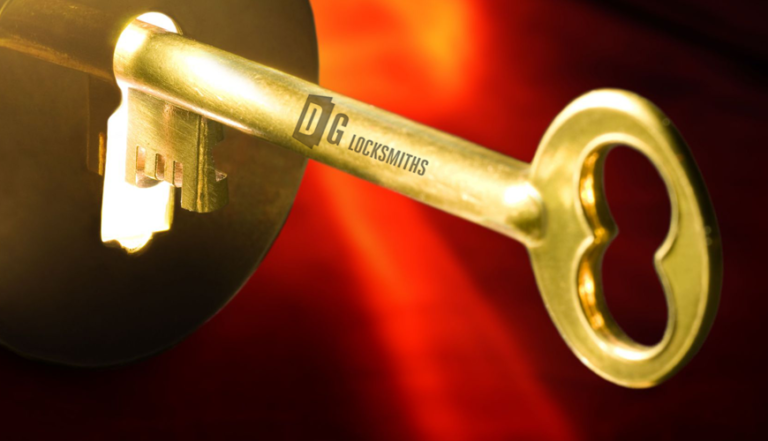What do I do if I lost the key to my door lock
Understanding the importance of a door key
Never underestimate the importance of a door key. It’s the main way to get into your home and keep it secure. Losing it can be a hassle, but don’t worry – there are solutions!
Act fast when you lose or misplace your key. Hire a professional locksmith who can open the lock without damaging it. You’ll be securely back inside your home in no time.
Replacing the lock entirely is another good option. You won’t know who has your lost key, so a new one offers extra security. Plus, it usually comes with advanced features like smart technology.
Prevention is key too. Keep spare keys in safe, easy-to-find places. That way you won’t have to panic if you lose your key.
Pro Tip: Invest in a key tracking device. Attach it to your keychain and you’ll be able to quickly locate your keys if they go missing. This can help you avoid the whole key-loss drama.
Exploring the scenarios in which a key can be lost or misplaced
Misplacing a key can happen to anyone at any time. It can be hard to deal with and can compromise the security of your home or office. Knowing how keys can be lost or misplaced is important for taking action and reducing risks.
- Forgetting: Busy lives can lead to forgetting where your keys are. This can be because of distractions, multitasking, or absent-mindedness.
- Misplacement: Keys may be put in the wrong spot when we’re in a hurry or have multiple key chains.
- Theft: Theft is a possible scenario. Keys can be stolen during a break-in, pickpocketing, or even by someone familiar with your property.
- Accidental Damage: Accidents like dropping keys down a drain or breaking them can damage or destroy them.
- Loss While Traveling: There’s a chance of losing your keys when navigating unfamiliar surroundings or staying in different accommodations.
- Forgetting Inside: Keys can be locked inside rooms when we’re distracted or in a rush.
Knowing these scenarios is essential if you lose your key. But, circumstances can vary from person to person.
Harry Houdini was a famous magician and escape artist. In 1914 his house was robbed and some of his escape apparatus keys were taken. This demonstrated the risk of lost keys, but also showed Houdini’s strength as he kept on performing amazing escapes.
Losing a key can be tough, but understanding why it happens can help us prepare. We can reduce the impact of lost or misplaced keys by having spare keys or using alternative security options. Keys don’t grow on trees, and that’s why locksmiths are still in business!
Steps to take immediately after realizing the key is lost
Losing your key to the door lock can be a stressful experience. But don’t panic! Here are five steps to take now:
- Assess the situation – think about when you last had the key, where it might be, or if it was stolen.
- Let your household know or inform your landlord.
- Secure your property – lock any other doors or windows.
- Contact a locksmith – they can help get access to your property.
- Update your security – consider upgrading locks or adding motion sensors.
Remember to stay calm and take prompt action. Pro tip: have spare keys stored in a secure place or with someone you trust. Don’t forget to check up on them regularly.
Evaluating the possibility of finding the lost key
Remain calm and focused when looking for the lost key. Don’t panic as this will block your ability to think clearly. Instead, have a plan. Start by checking all rooms in your home. Look for common places where keys may be, such as countertops, dressers, or shelves.
Then search outside your home. Check any bags and clothes you wore recently. Also check places you visited before realizing the key was missing.
Sometimes, keys can be found in unlikely places. So, even if your initial attempts don’t work, stay hopeful. A study by HomeAdvisor revealed 28% of people never find their lost keys. If you can’t find a locksmith, just wait for burglars. They know what to do.
Contacting a professional locksmith for assistance
No key? Time to get a professional locksmith! They have the know-how and tools to help you get in your property quickly and safely. Services like lock picking, rekeying, and key cutting are all part of their expertise.
Rather than trying to solve the problem yourself, calling in a locksmith is the smarter choice. They are experienced and use specialized equipment to minimize any potential damage and save you money.
Professional locksmiths also prioritize customer service. They understand how stressful and inconvenient it is to be locked out, that’s why they offer prompt assistance. Many are available 24/7, so help is just a phone call away.
Some even provide extra benefits like warranties and insurance coverage for any accidental damage. So check them out—it’s worth it for the peace of mind.
Considering alternative solutions if a locksmith is not an option
Losing your key can be stressful, so consider these alternative solutions! Here’s a 6-step guide:
- Check your bags and pockets for spare keys.
- Ask a neighbor or building administrator for help.
- See if there’s another way to get in.
- Ask a handyman or maintenance personnel.
- Contact the lock manufacturer or supplier.
- Put up temporary security measures.
Stay calm – losing keys is not unheard of. Pro Tip: Make a duplicate key and keep it somewhere safe. For extra security, put it in a lockbox!
Taking preventive measures to avoid future lockouts
Duplicate your keys for a backup plan. Ask trusted neighbors or family members to keep them in a safe and accessible place. Installing keyless entry systems is another secure way to enter your property with a digital code or fingerprint. Establishing lockout protocols in advance can save you from future frustrations. Even Thomas Jefferson dealt with lockouts at his Monticello estate! Take preventive steps now for smooth entry when it’s needed. Don’t try to unlock a door without a key – it won’t end well and the locksmiths won’t appreciate it!
Conclusion
Losing a key is stressful. But, don’t worry! There are steps you can take.
- Firstly, identify the type of lock.
- Maybe contact a professional locksmith? They know how to open locks without causing damage.
- If you have a spare key or can borrow one, give it a try.
- If none of that works, consider replacing the lock.
- Keep spares in safe places.
Keyless entry systems are also a good option.
Frequently Asked Questions
1. How can I regain access to my home if I’ve lost the key to my door lock?
Answer: If you’ve lost the key to your door lock, you can try contacting a professional locksmith who can help you gain access to your home. They have the expertise to pick the lock or create a new key for you.
2. Is it possible to replace the lock instead of calling a locksmith?
Answer: Yes, it is possible to replace the lock if you’ve lost the key. However, this may require additional tools and knowledge, so it’s generally recommended to seek the assistance of a locksmith to ensure the job is done properly.
3. How can I prevent unauthorized access until I regain access to my home?
Answer: To prevent unauthorized access, you can temporarily secure your door by using a temporary door lock or a door barricade device. These options can provide temporary security until a professional locksmith can assist you.
4. Will I need to provide proof of ownership to a locksmith?
Answer: Yes, locksmiths may require proof of ownership to ensure they are helping the legitimate owner of the property. This can include providing identification documents or other forms of proof, such as a utility bill or lease agreement.
5. Can a locksmith make a key from the lock itself?
Answer: In some cases, a locksmith may be able to make a key by examining the lock itself. However, this method is generally more time-consuming and may not be possible with all types of locks. It’s advisable to consult with a professional locksmith for the best course of action.
6. How can I prevent future lockouts?
Answer: To prevent future lockouts, it’s a good idea to have spare keys made and store them in a safe place. Consider giving a spare key to a trusted neighbour or family member as an extra precaution. Additionally, you can also explore keyless entry options, such as smart locks, which eliminate the need for physical keys.

